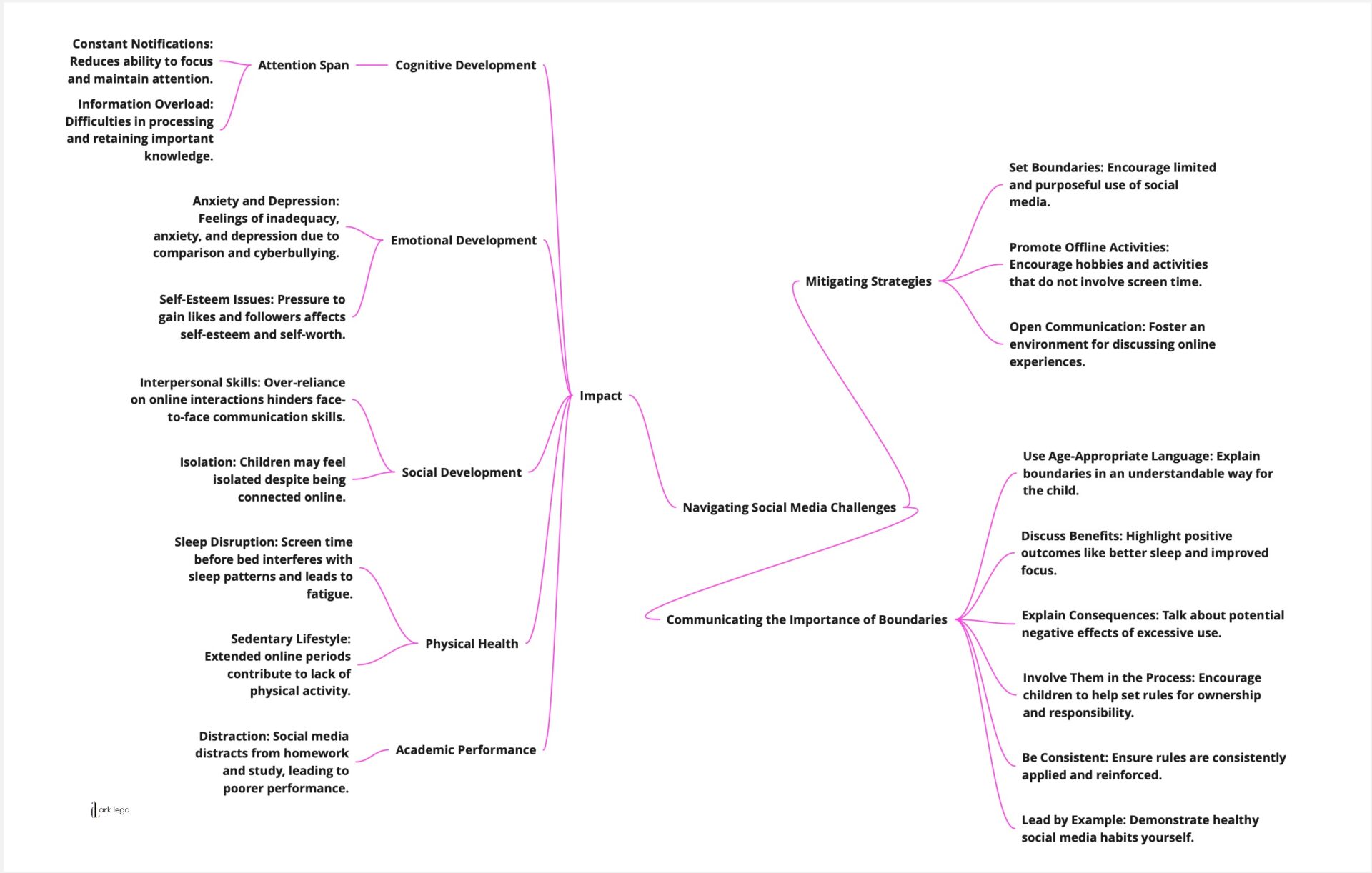Mumbai: The biggest challenge today is how parents can effectively monitor their child’s social media usage without causing mistrust.
The meteoric rise of social media has impacted children and teens in unprecedented ways. While digital platforms offer new opportunities for learning and connecting with peers, the concerns of implications on young mental and social development does raise questions. And this emerging challenge requires the immediate need for strategies to deal with emerging challenges.
One key issue is the addictive nature of social media’s endless scroll and instant gratification. Platforms use design techniques focused on hijacking child attention spans. Features continually supplying fresh, stimulating content can rewire developing brains. This impacts concentration, cognitive abilities and social skills. Setting healthy limits on device time is important.
Another concern is cyberbullying which causes lasting trauma. Anonymity enables disinhibited usage where users feel emboldened to attack vulnerabilities. Parental monitoring of child online activity is essential to tackle cyberbullying risks. Teaching empathy and encouraging kinder online conduct early on can also help.
Unrealistic comparisons to “picture-perfect” influencer lives lowered self-esteem among young users. A culture fixated on external approval through selfies and “likes” distracts from real relationships. Guarding child privacy and self-worth in online spaces is vital.
Social media use has been linked to rising diagnoses of anxiety, depression, body image disorders, self-harm and even psychosis among youth.
ILLUSION OF INFLUENCER LIFESTYLES AND OVERNIGHT FAME
The glossy illusion of influencer lifestyles and overnight fame on apps like Instagram, Facebook, YouTube and TikTok has captured young Indian minds. Teens today aspire to become social media stars rather than focus on mainstream education and career paths that require perseverance. The lure of instant online recognition is distracting many away from developing their capabilities.
Entities and platforms are intentionally designing features to get youth hooked. TikTok’s algorithmic feed keeps users scrolling endlessly. Instagram pushes real-time notifications, highlights numbers of “followers” and “likes” received prominently. Such design nudges exploit the vulnerable teenage brain’s need for social validation. Multi-billion dollar corporations have made targeting India’s young demography for user growth a priority. Their insidious hooks are jeopardizing the country’s competitiveness.
While some emerge as celebrity influencers earning in lakhs, a vast majority are simply splurging their time idly scrolling through apps for hours. Only 1 in 10,000very few users are able to make a sustainable living from social media income. The prospects of others earning enough to cover their life expenses are minimal and the certainty of the same is always doubtful. Yet, parents excited by the glamour encourage their children to create profiles on multiple platforms. With role models like parents prioritizing online visibility and fame, teens get drawn further down the dark hole of digital addiction.
The biggest challenge today is how parents can effectively monitor their child’s social media usage without causing mistrust.
In today’s digital age, one of the biggest dilemmas facing parents is how to effectively monitor children’s social media usage without causing mistrust or resentment. Excessive monitoring can make kids feel their privacy is being invaded and damage open communication. However, not monitoring at all can expose children to serious online risks like cyberbullying, predatory contacts, oversharing, and addiction. Striking the right balance is challenging yet vital.
The most constructive approach is for parents to be actively involved in their children’s digital lives rather than distant watchdogs. This means having open discussions to understand which platforms they prefer, what attracts them, risks they may have encountered, and developing norms together. Being a part of their online activities – seeing what games they play, videos they create, joining family gaming sessions etc. enables monitoring with engagement rather than control.
Sharing positive and cautionary stories about the impacts of social media through news as well as personal anecdotes makes discussions informative. Talking about how to handle issues like cyberbullying, building resilience against comparisons, and avoiding oversharing in a collaborative way prevents mistrust. Children can turn to their parents when in distress if they feel heard.
Jointly evaluating social media experiences after use rather than abruptly restricting access is important. Checking in with children’s feelings after using apps prevents problematic use. Any concerning signs like distraction or mood changes should be discussed constructively, focusing on wellbeing.
Monitoring with care and involvement counters the risks children face online while accustoming them to healthy boundaries. Punishing or completely prohibiting access often backfires in the digital age. Parents staying informed about the latest platforms and trends is equally crucial to guide children effectively. Shared wisdom helps young users become responsible digital citizens. With trust and open guidance, parents can keep their children safe in today’s online world rather than impose rigid controls that strain relationships.
* Khushbu Jain is a practicing advocate in the Supreme Court and founding partner of the law firm, Ark Legal. She can be contacted on X : @advocatekhushbu

